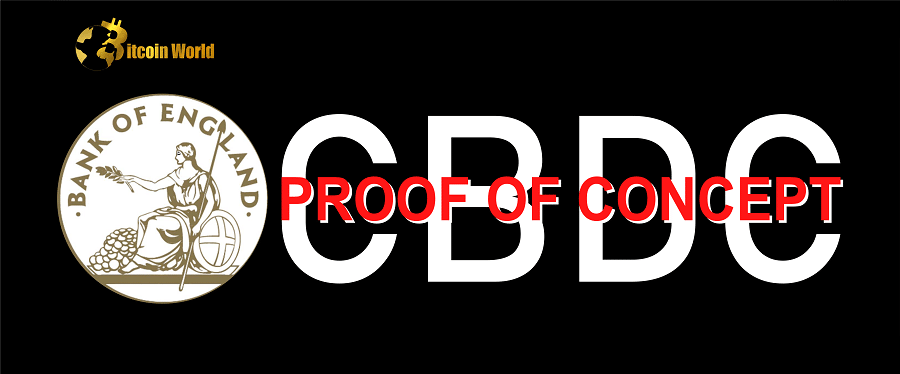The bank needs the wallet to perform basic functions such as transferring money and requesting payments and has set a budget of approximately $255,000 for it.
The Bank of England (BOE) is looking for a “proof of concept” for a wallet that can store Central Bank Digital Currency (CBDC).
The BOE issued a call for applications on the United Kingdom government’s Digital Marketplace on December 9, a tool where government agencies may seek labor for digital initiatives.
Simple rules for what the proof-of-concept wallet would have to accomplish were given, with the wallet requiring just basic capabilities such as a registration procedure, a mechanism to change data, and showing balances and transactions, among other needs such as displaying alerts.
Of course, the wallet must also show that it can be loaded and unloaded with CBDC, as well as request peer-to-peer payments through an account ID or QR code and be used to pay online with companies.
The project’s key deliverables are a mobile app for iOS and Android, a wallet website, an example merchant website, and the back-end infrastructure to service the wallet website and applications while also preserving user data and transaction history.
The bank said that “no work has been done” on a CBDC sample wallet and that it “will not construct a user wallet itself.”
The project’s stated goals are to “examine the end-to-end user experience,” as the BOE attempts to “sharpen functional needs for both the Bank and the private sector,” as well as to make the CBDC product “more tangible for internal and external stakeholders.”
The proof-of-concept study was budgeted at $244,500, or 200,000 British pounds, for a five-month initiative, with the BOE intended to examine five providers. At the time of writing, there were no applications.
The BOE has previously announced that it intends to establish a CBDC by at least 2030.
The example wallet supports the BOE’s work as part of Project Rosalind, a collaborative experiment with the Bank of International Settlements (BIS) Innovation Hub aiming at developing prototypes of an application programming interface (API) for a CBDC. The Rosalind API will also be used to test the proof-of-concept wallet.
On December 9, Chancellor of the Exchequer Jeremy Hunt announced a range of financial industry reforms, including consultation on ideas for the formation of a CBDC.














